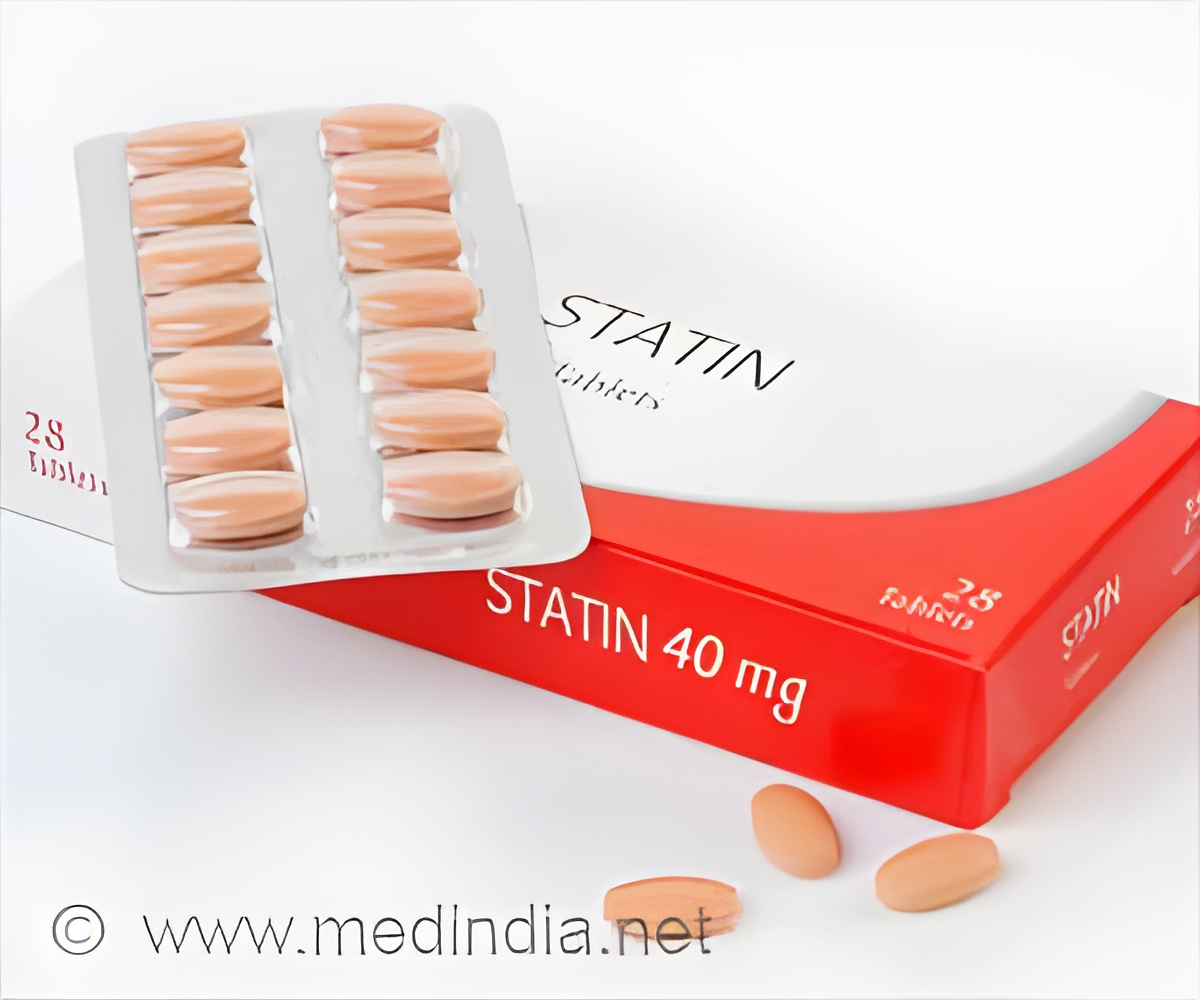
‘Lowering cholesterol levels could decrease the risk of motor neuron disease.’
Read More..Tweet it Now
Dr Alastair Noyce from Queen Mary University of London said: "This is the largest study to-date looking at causal risk factors for motor neuron disease and we saw that higher levels of LDL cholesterol were causally linked with a greater risk of the disease. Read More..
"We have well-established drugs that can lower cholesterol and we should look into whether they could protect against this terrible disease, which currently has no cure.
"The next steps will include studying whether lowering levels of cholesterol might have a protective effect against MND, and potentially evaluating the use of cholesterol-modifying drugs in people at risk of MND."
MND or Amyotrophic lateral sclerosis (ALS) is a fatal neurodegenerative disease for which there is no cure. The condition affects the brain and nerves, with early symptoms including weakness, slurred speech, difficulty swallowing food, muscle cramps and twitches. Some people also experience changes to their thinking and behavior.
The condition is more likely to affect people over 50, and most patients succumb to the disease within two to five years of symptom onset. It affects up to 5,000 adults in the UK at any one time, and the global prevalence is projected to nearly double by 2040, primarily due to ageing of the global population.
Advertisement
While the data sets did not contain data on individuals' actual cholesterol levels, the team studied genetic markers that are linked to cholesterol levels, and are more likely to suggest a causal link with risk of MND rather than simply associations, which are usually reported from observational studies. A randomized control trial would be the definitive proof to confirm any causal link and the ability of statins to prevent MND.
Advertisement
The research was carried out at Queen Mary's Preventive Neurology Unit, which has been funded by Barts Charity. This work was supported in part by NIA grant Z01-AG000949-02.
The study is limited in that the data are focused on European populations, so the findings may not apply beyond those populations.
Source-Eurekalert










